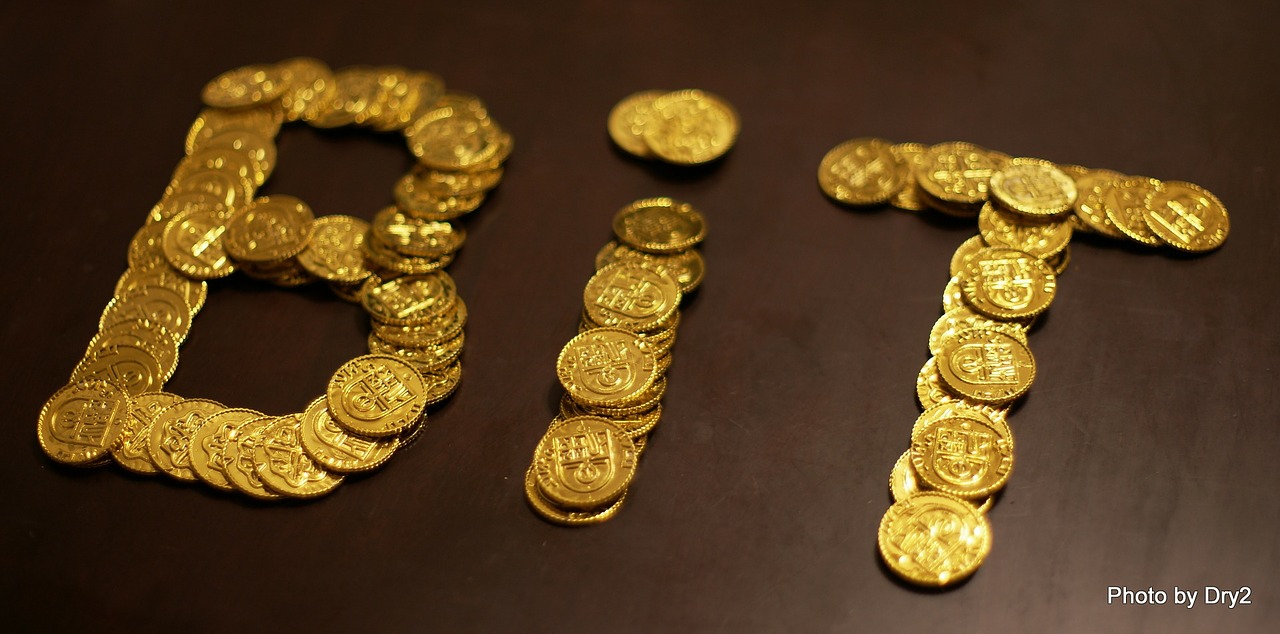The popularity of bitcoin rises exponentially every year. Unfortunately, the number of bitcoin scams also rises. Almost all services can be hacked, and those that involve money are often targeted. The cost of a single bitcoin is over $700, and many people may have a lot of money stored on the service. It is no wonder that scammers target these accounts and put a lot of effort into fooling as many people as possible.
As certain scam patterns emerged, it becomes possible to recognize hacking attempts. The first thing to do to avoid bitcoin frauds is learning what these patterns are.
Bitcoin Scams: Patterns Noticed Most Often
Bitcoin Wallet Scam
To access your bitcoins, you need a bitcoin wallet. It’s a software product that allows you to see the status of your account and use your money – just like a normal wallet. There are different companies that develop bitcoin wallets. Some of them may be frauds who want to steal your money in this way.
Don’t use wallets developed by little-known companies to avoid the loss of your bitcoins.
Fake Websites
There are websites that have the same design as the actual bitcoin services. A person may fail to notice a missing or extra letter in the URL. Such a mistake provides scammers with the login and password to the account.
Always check the URL thoroughly to be sure you are accessing the real service. Also, make sure the site has “https” in the beginning.
Bitcoin Payment Cheating
This is the oldest of bitcoin scams, which involves buying a product or buying bitcoin. Most often a person transfers money for bitcoins and doesn’t get them. The same situation occurs with products that are allegedly purchased using bitcoins.
To avoid this type of cheating, make sure you’re buying things from a reliable seller. If the person seems suspicious or the prices are too good to be true, check any information available on the Internet. There might be people who have already been fooled by the person or service.
Ponzi Schemes
There are Ponzi schemes working both with regular currencies and with bitcoins. They are dangerous for new investors who are not aware of such types of scams. Frauds offer a ridiculously high percentage of profit for the investment. The first payments are paid from the investments of other people. At some point, there are no longer any new investors involved to pay the people who want to withdraw funds. As people begin to realize it’s a scam, everyone will try to get their money back. After that, the system collapses and nobody sees their bitcoins again.
Avoid any service that promises high profits with little or no effort. Use only reliable sources.
Phishing
Phishing is most often done by contacting people through emails, forums, text, Skype, etc. A person gets an email, a message on a forum, or a text informing them that he or she has won a big sum of money, bonuses, etc. The person then clicks the link the fraud gives to get the reward and enters their login information. This gives the scammers full control of the account.
To avoid such bitcoin scams, don’t trust such emails and don’t access your account through suspicious sources.
Software Scam
There are some plugins and applications for your computers and smartphones that can be used for stealing your bitcoins. Once a person installs one of them, it may start transferring money to the creator of the fraud. These apps are reported from time to time, but there are still many people who are guided by fake 5-star reviews.
If you need any additional software, make sure to check its reliability online first. You can find the information on bitcoin-themed forums and groups.
Authority Services Scam
This is the most dangerous of the bitcoin scams for now, as it involves trusted services. Certain exchange sites function for a long time and accumulate bitcoins that are deposited by hundreds of bitcoiners. Then they just disappear with thousands of bitcoins. Such a situation raises the question of regulations that should apply to these so-called “trusted” sites.
There is no ultimate recipe on how to avoid this type of bitcoin fraud. Be cautious and skeptical of using any service. Also, try dividing your bitcoin among several different sites or use a secure wallet.
Initial Coin Offerings (ICOs)
Initial Coin Offerings are raising large amounts of money without even having a viable product. This is definitely an area of Buyer Beware. Some of these ICOs are legitimate and will become viable companies and will be good investments.
Do your homework and ask these questions.
- What is the product or service that they are promoting? Can anyone else do this?
- Who are the leaders of the company? What are their qualifications? Type in their name and scam to see if anything pops up. “Full Name scam”
- How many coins are being created? Remember that more coins mean each coin is worth less.
- How many coins are being reserved for the leaders or the company creating the ICO? If the company is reserving a large percentage (over 20%), they are more interested in making money than making a product or service.
Conclusion
Bitcoin is the first decentralized digital currency available, and it’s developing and evolving constantly. However, because of scammers, the currency isn’t always shown in the best light. This is unfortunate, but maybe it’s a wakeup call for the authorities. It would be good to develop certain regulations that would make bitcoin a safer currency.
As for now, new types of bitcoin scams will keep appearing and the risk of fraud remains. But if new users and investors become aware of them, the number of victims will decrease. Make sure to read all possible precautions before you start buying, collecting, and using the currency.


